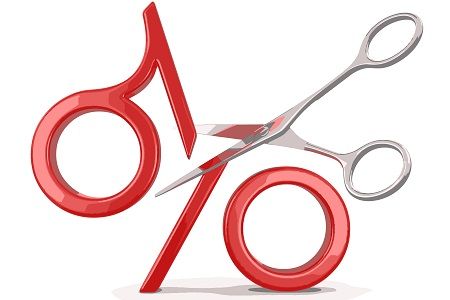- Revenue Cycle Management
- COVID-19
- Reimbursement
- Diabetes Awareness Month
- Risk Management
- Patient Retention
- Staffing
- Medical Economics® 100th Anniversary
- Coding and documentation
- Business of Endocrinology
- Telehealth
- Physicians Financial News
- Cybersecurity
- Cardiovascular Clinical Consult
- Locum Tenens, brought to you by LocumLife®
- Weight Management
- Business of Women's Health
- Practice Efficiency
- Finance and Wealth
- EHRs
- Remote Patient Monitoring
- Sponsored Webinars
- Medical Technology
- Billing and collections
- Acute Pain Management
- Exclusive Content
- Value-based Care
- Business of Pediatrics
- Concierge Medicine 2.0 by Castle Connolly Private Health Partners
- Practice Growth
- Concierge Medicine
- Business of Cardiology
- Implementing the Topcon Ocular Telehealth Platform
- Malpractice
- Influenza
- Sexual Health
- Chronic Conditions
- Technology
- Legal and Policy
- Money
- Opinion
- Vaccines
- Practice Management
- Patient Relations
- Careers
How I Paid off My Student Loans as PGY1
It's unconventional. But if you do the math, it makes sense.

The #1 financial rule I lived by in med school, which ultimately helped me pay off my student loans a few months after graduating, was:
Minimize and delay borrowing student loans as much as possible.
The more I delay the onset of loan origination/disbursement and associated fees, the less interest ballooning. Time-value of money is against us when someone else is collecting the interest from us.
Starting in 2012, the feds got rid of subsidized student loans for medical/graduate students. I remember how sad I was to learn that the measly $8,000 amount of subsidized loans disappeared off of the options I could borrow from (note that my cost of attendance was about $80,000-100,000 per year.) Even though the subsidized portion of loans during my MS1 and MS2 was only 10% of the cost of attendance, I cherished the idea of not having interest accrue daily while I studied hard in the library on the subsidized loans.
With the disappearance of such loans, the moment any federal student loan is disbursed, it starts snowballing at 5.4% or more, depending on how much you had borrowed and which tier of interest rate/origination fee you had dipped into that year. Some origination fees were as high as 4% and interest rates were as high as 9-11%. That I call predatory lending.
What I Did to Minimize Student Loan Interest
I paid my tuition and living expenses with a credit card, usually one I had just opened with a 0% APR on purchases on for 12-18 months. Since my tuition was $15,000-17,000 per quarter, and the cost of living was pretty high, I regularly charged up a large balance on a newly opened credit card with 0% APR.
I made the cash back rewards from large purchases, rode the balance interest free for 1.5 years, then as last resort requested a student loan to pay the credit card balance off, after exhausting cash flow, new credit card offers, balance transfer offers (which charge me 0% to 2% transaction fee, buying me another 1-2 years of 0% interest), just before the promotional period of 0% interest ends on the older credit card.
So I didn't pay a dime in credit card transaction fees or interest, avoided student loan interest and origination fees for 18 months, made extra cash from the promotion/cash back bonus, AND built an incredible credit history.
To these big banks issuing credit cards, I look like a big spender and a big payer. Responsible and extensive credit history.
Following this recipe, I saved ~$27K in student loan interest during medical school, and made an extra ~$10K+ in cash back rewards. If I actually charged all of my entire cost of attendance using these methods, I could have saved 60k in student loan interest alone.
Now you may be thinking that you've already got the large student debt and it's too late for you to use this method. It's never too late. You can destroy your student loans and other high interest debts like there's no tomorrow by switching to lower interest rate by refinancing and/or using credit cards mindfully (biting the 0% introductory rate but bouncing before the high rate hits.)
While Dave Ramsey encourages you to pay off the smallest debt first to build up emotional momentum, I recommend to pay off your highest interest debt first. I sleep much better at night with 50k of credit card debt at 0% interest for 18 months than with 50k of student loans at 7% interest. How about you?
For more details on how I used credit cards to minimize my educational debt as a full time medical student/ mom with 2 jobs, see my guest post on WCI titled "hitting a net worth of zero as an intern."
If you like this article, you might enjoy other DWM articles on Personal Finance, Investing, Retirement, Practice Management, & Lifestyle.
All articles by DWM are for informational purposes only and not intended as a substitute for professional advice. Please consult a professional accountant, financial adviser or lawyer, before making financial decisions.
